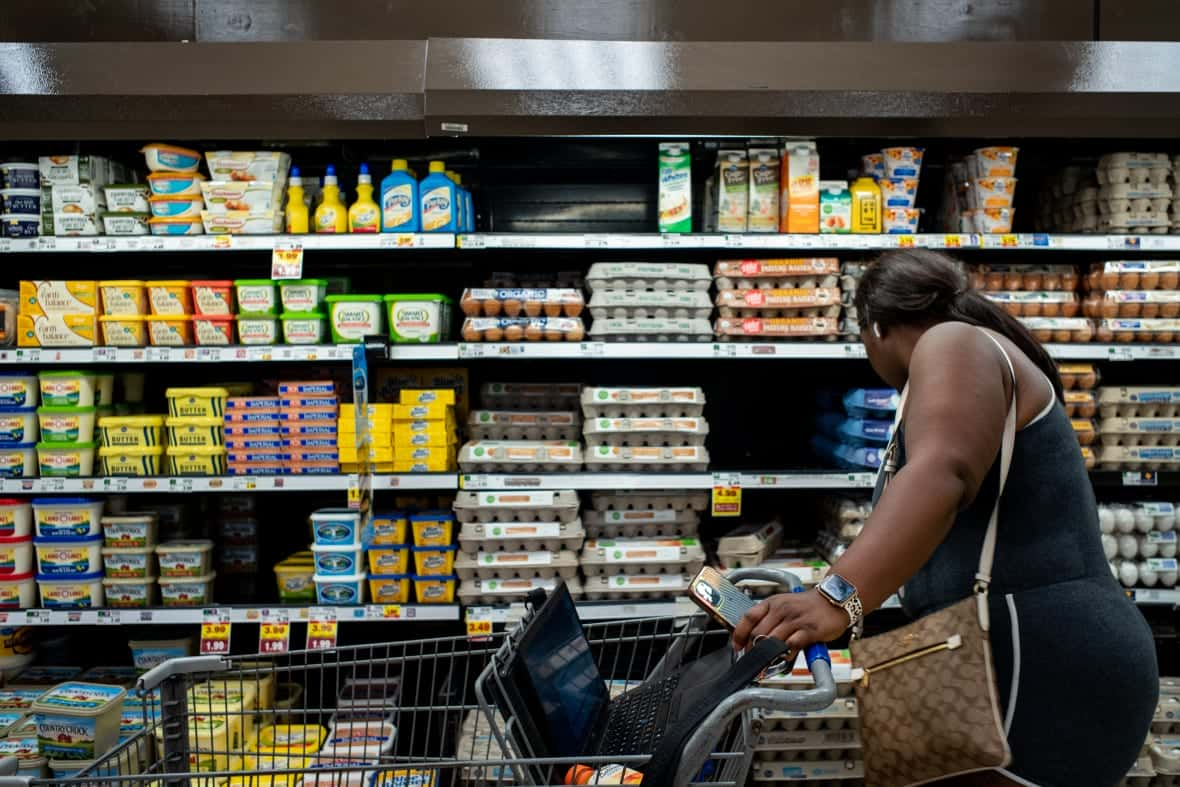Millions of adults in the United States are facing food insecurity, lacking the means to afford nutritious food and maintain an active and healthy lifestyle.

The elimination of pandemic-related SNAP benefits has exacerbated this issue
In May 2023, 47% of households earning less than $50,000 per year sought food benefits, a significant increase from the previous figure of 39% in February.
While higher-income groups have seen a rise in food expenditures, lower-income individuals have been deeply affected by persistent inflation. The report, supported by Morning Consult economist Sofia Baig, highlights that consumers are turning to alternative sources to supplement their spending. Despite prices stabilizing, they remain higher compared to previous years. The increasing percentage of The Supplemental Nutrition Assistance Program (SNAP) benefit recipients indicates that people are seeking assistance to bridge the gap in their food budgets. Without other sources of support, consumers are unable to complete their shopping lists due to the elevated costs of grocery items. SNAP benefits can make a crucial difference in whether individuals have enough to eat or have to skip meals.
The Supplemental Nutrition Assistance Program (SNAP) is a state-managed initiative that provides food assistance to eligible individuals and families
Allocation of benefits depends on household size, income, and other factors. SNAP benefits can be used to purchase various food items, including produce, dairy, and proteins. Recent changes to the program have adjusted the work requirements for participants to qualify for food assistance.
As households earning less than $50,000 seek SNAP benefits, the revised program requirements have raised concerns about their impact on individuals. Ashley Tyrner, CEO and founder of FarmboxRx, voiced her worries in MedCity News, suggesting that the new SNAP requirements could impose additional burdens on participants. Having previously relied on SNAP benefits, Tyrner questions whether the new work requirements will further push economically disadvantaged groups into deeper hardship. Meeting the work hour criteria may incur expenses such as travel and childcare, which can reduce overall income. The current SNAP benefits, combined with reduced income, may not be sufficient to fulfill basic food needs.




